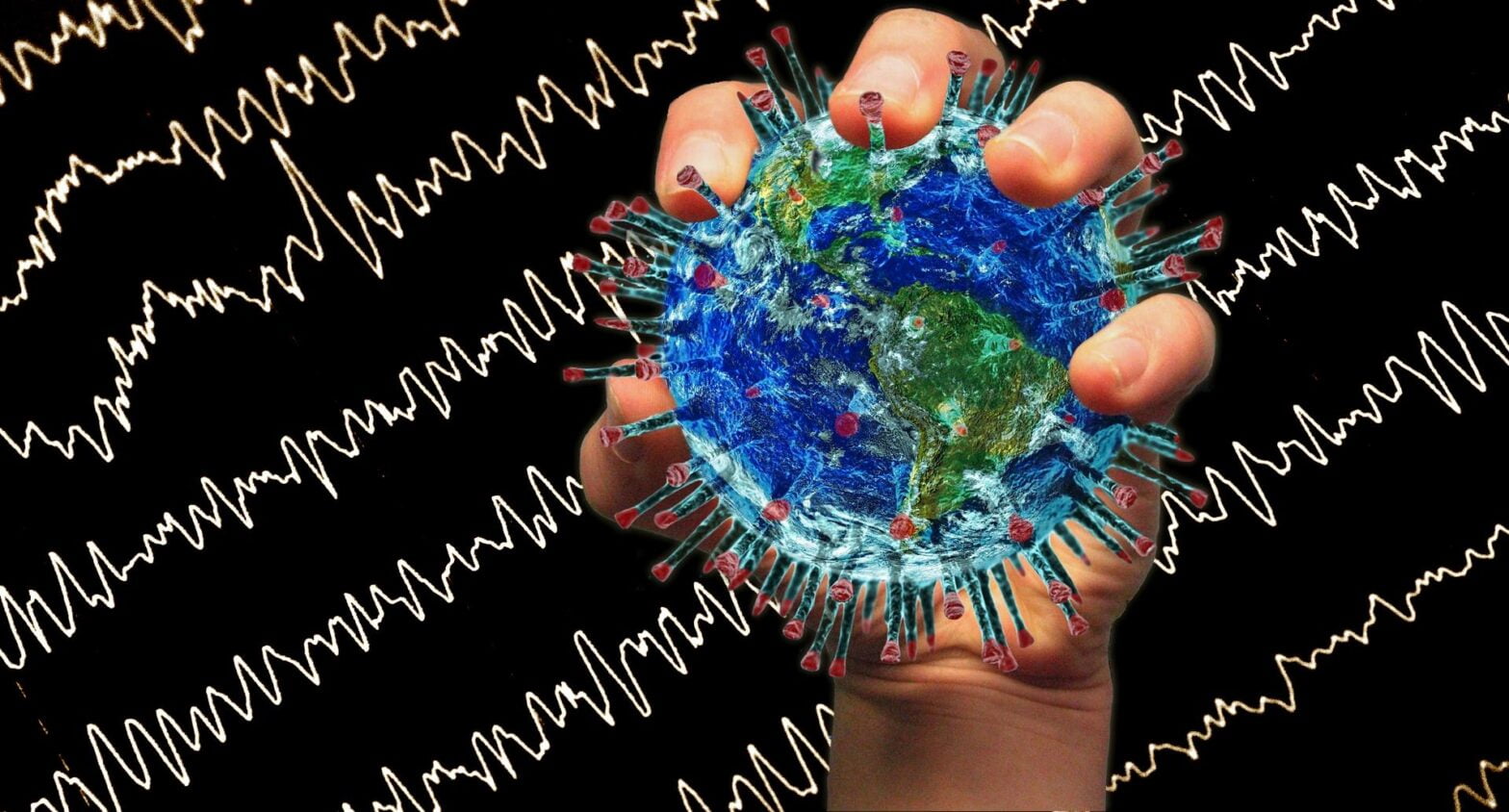Describe a decision you made in the past that helped you learn or grow.
As I read this prompt, I immediately thought of the day I decided to call the ADD Centre and said “yes” to attending there for their expensive assessment and treatment program. Their program was outside any kind of medicine that I was familiar with, yet my logic and reason said it made sense.
Way back when studying neurophysiology at the University of Toronto (Faculty of Arts & Sciences offered exactly one half course on it), I wanted to learn more about brain injury. One short page covering all organic brain disorders didn’t do it for me. I took every available abnormal psychology course I could for my Psychology B.Sc., but back then I accepted the dichotomy between mental illnesses (what they called abnormal psychology then) and physical dysfunction of the brain.
The one nugget that stayed with me is that the brain can regenerate.
Making that decision to call the ADD Centre when I found them through a Google search, gave solid ground to my growing conviction that DSM labels of mental health issues is all wrong. That conviction emerged from my internal experience of brain injury. I knew I didn’t have ADD, yet my brain injury had created all the symptoms. So ADD had to be rooted in neurophysiology, not some conglomeration of symptoms. There had to be a physical reason; as such, did it make sense to use a DSM diagnostic label when the cause could vary? Wasn’t it more accurate to talk about the presentation eg hyperfocus within general lack of attention from injury in the way docs talk about narrowing of arteries from cholesterol build up? (Just as arteries can be narrowed from other causes so can attention be affected in the same way.) Deciding to attend the ADD Centre’s treatment program despite the financial difficulties launched me on a path to learning about brainwaves and how they work in synergy with neurotransmitters.
Without my brain injury, I’d never have learnt about brain biofeedback in such a detailed and personal way.
Without attending the ADD Centre, I’d never have learnt about neurostimulation and how much more powerful it is than medications yet without side effects (except temporary fatigue, but then hard work is tiring).
That decision changed my entire approach to treating the brain, my understanding of mental illness, and launched me on a path to advocating medicine get its head out its strategies and meds ass and start diagnosing with objective tests and then treating the neurons.
That decision lead me to becoming a Psychology Today blogger, understanding the neurological effects of COVID and Long COVID, comprehending better concussion and brain injury from any cause, realizing once again that the brain is the final frontier and that learning about it doesn’t end, and creating a website on brain injury so that anyone can leave symptom management behind and heal properly.
Whenever you believe your knowledge is complete, you need to up your game. In my case, it would be that neurostimulation and neuromodulation are, like the DSM before them, the current stepping stone to complete restoration of all brain issues in all humans. What’s the next stone on that path?




